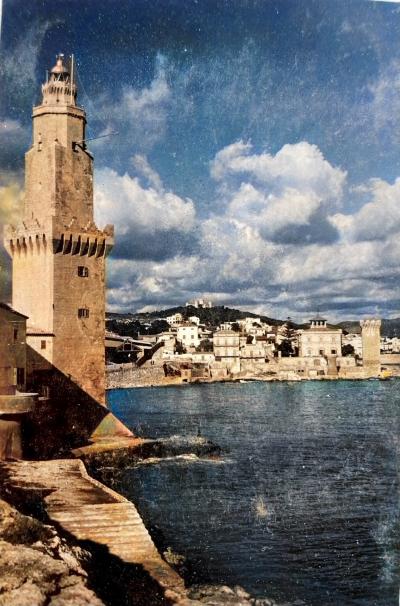How did Ramon Llull's work impact the perception of astrology in medieval Europe?
Similar Topics
ramon llull
astrology
medieval europe
mallorca
natural philosophy
faith and reason
human free will
moral responsibility
scholarly thought
christian doctrine
Ramon Llull, a 13th-century philosopher, logician, and missionary from Mallorca, had a significant impact on the perception of astrology in medieval Europe through his writings and theories. Llull believed in the compatibility of faith and reason, which allowed him to explore various intellectual disciplines, including astrology. He viewed astrology not merely as a tool for prediction but as a branch of natural philosophy that could be synchronized with theological and ethical considerations. His work encouraged a more systematic and rational approach to astrology, promoting the idea that celestial bodies could influence human affairs based on divine order.
However, Llull also criticized the deterministic aspects of astrology, emphasizing human free will and moral responsibility. This dual approach created a nuanced understanding of astrology during the medieval period, encouraging scholars and the educated elite to engage with it more seriously while still maintaining a critical perspective. As a result, Llull's influence helped bridge the gap between scholarly thought and popular belief, setting the stage for later discussions about the legitimacy and limits of astrology in relation to Christian doctrine and scientific inquiry in Europe. His legacy thus contributed to the evolving dialogue surrounding astrology, enabling it to be reconsidered in both a philosophical and a practical light amidst the backdrop of changing medieval thought.
However, Llull also criticized the deterministic aspects of astrology, emphasizing human free will and moral responsibility. This dual approach created a nuanced understanding of astrology during the medieval period, encouraging scholars and the educated elite to engage with it more seriously while still maintaining a critical perspective. As a result, Llull's influence helped bridge the gap between scholarly thought and popular belief, setting the stage for later discussions about the legitimacy and limits of astrology in relation to Christian doctrine and scientific inquiry in Europe. His legacy thus contributed to the evolving dialogue surrounding astrology, enabling it to be reconsidered in both a philosophical and a practical light amidst the backdrop of changing medieval thought.
🧩 Related Questions
Related Question
Why is it recommended to drive during daylight hours on Mallorca’s narrow roads?
Related Question
How do wineries in Mallorca use tourism to educate visitors about their traditional winemaking methods?
Related Question
When is it advisable to bring a headlamp or flashlight on a mountain hike in Mallorca?
